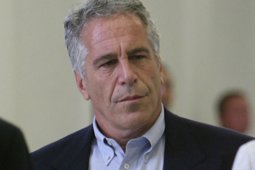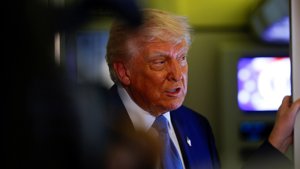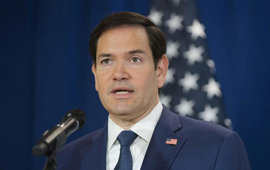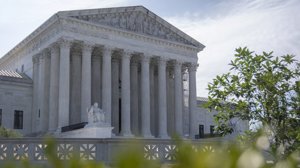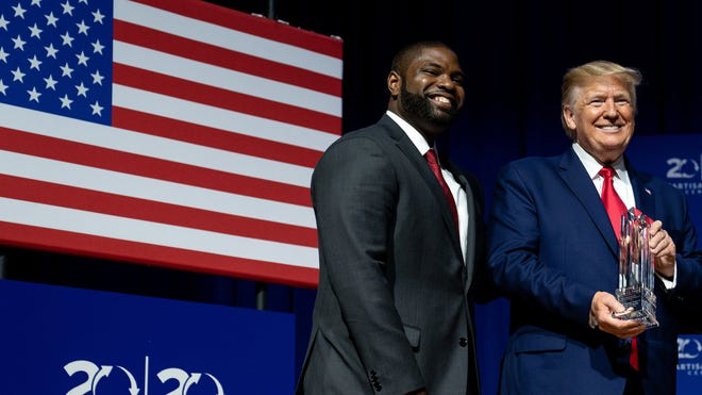
GOP Pushes Bill to Enshrine Trump’s Nuclear Orders
Byron Donalds moves to codify Trump’s executive actions boosting U.S. nuclear power in push for energy dominance.
Legislation Seeks to Cement Trump’s Nuclear Directives
Florida Representative Byron Donalds introduced new legislation on Monday to permanently enshrine four executive orders recently signed by President Donald Trump, aimed at expanding domestic nuclear energy production. The proposed bill, titled the Strengthening American Nuclear Energy Act, is positioned as a key element of Trump’s America First energy policy.
“Energy security is national security, and it’s imperative that our nation re-asserts our dominance in the nuclear space,” Donalds stated, referencing the sweeping mandate Republicans say they received in November to advance Trump's agenda through congressional action.
Signed on May 23, the executive orders include a range of initiatives, such as directing the U.S. Army to build a nuclear reactor on a domestic military base by September 2028 and tasking the Department of Energy with developing AI-driven nuclear-powered data centers across the country, the first of which should be completed within 30 months. The orders also call for the pursuit of at least 20 new international nuclear cooperation agreements.
Waste Strategy, Regulatory Reform in Focus
One of the codified orders outlines a comprehensive national strategy for managing high-level nuclear waste and used fuel, requiring a detailed report from the Secretaries of Defense, Transportation, and the Director of the Office of Management and Budget within 240 days. It also mandates evaluations of current recycling methods and improvements to nuclear fuel transport programs.
The legislation also incorporates two orders aimed at easing regulatory constraints on nuclear energy development. One directive targets the Nuclear Regulatory Commission (NRC), calling for reforms to reduce what the administration describes as excessive caution that has hampered nuclear advancement. Another directive focuses on overhauling the Department of Energy’s testing protocols to speed up reactor approval, with a goal of making new reactors operational within two years of application.
The executive actions further require the U.S. to have at least 10 large-scale nuclear reactors under construction by 2030 and include instructions to boost domestic uranium enrichment and conversion capabilities.
While the Trump administration argues that current regulatory frameworks are outdated and hinder innovation, critics have raised safety concerns. Ernest Moniz, former Secretary of Energy and a nuclear physicist, warned that reducing the independence of the NRC could lead to premature deployment of advanced reactors with potential safety flaws. “A major event would… increase regulatory requirements and set back nuclear energy for a long time,” Moniz cautioned.
Paul Dickman, a former senior staffer at the NRC, also criticized the reforms, stating that the measures “have no scientific foundation” and that nuclear safety cannot be ensured through executive fiat alone.
If passed, the legislation would mark a significant shift in U.S. energy policy, reinforcing nuclear energy as a pillar of national security and technological competitiveness, while igniting fresh debate over the balance between innovation and safety in a high-stakes sector.

